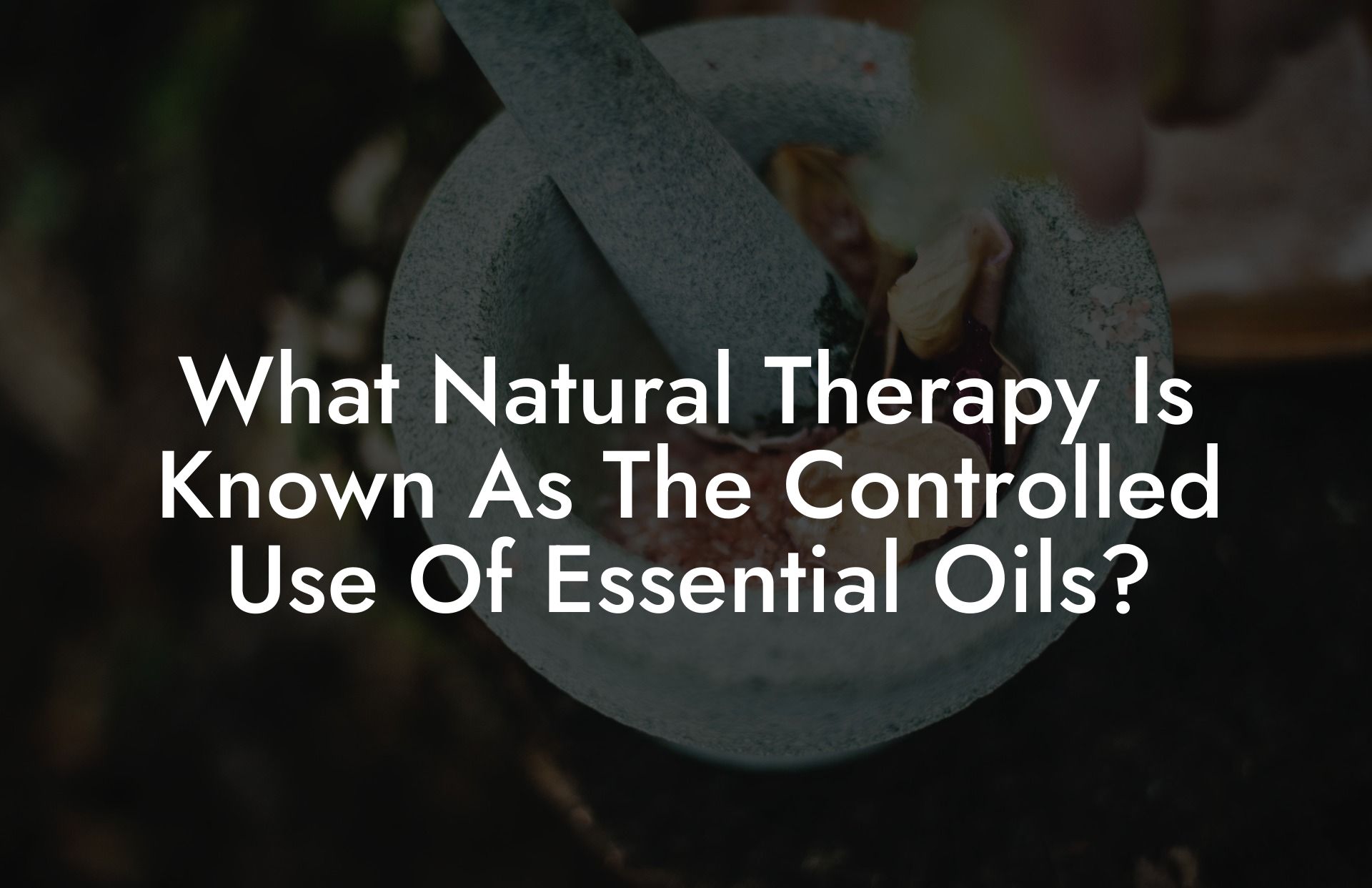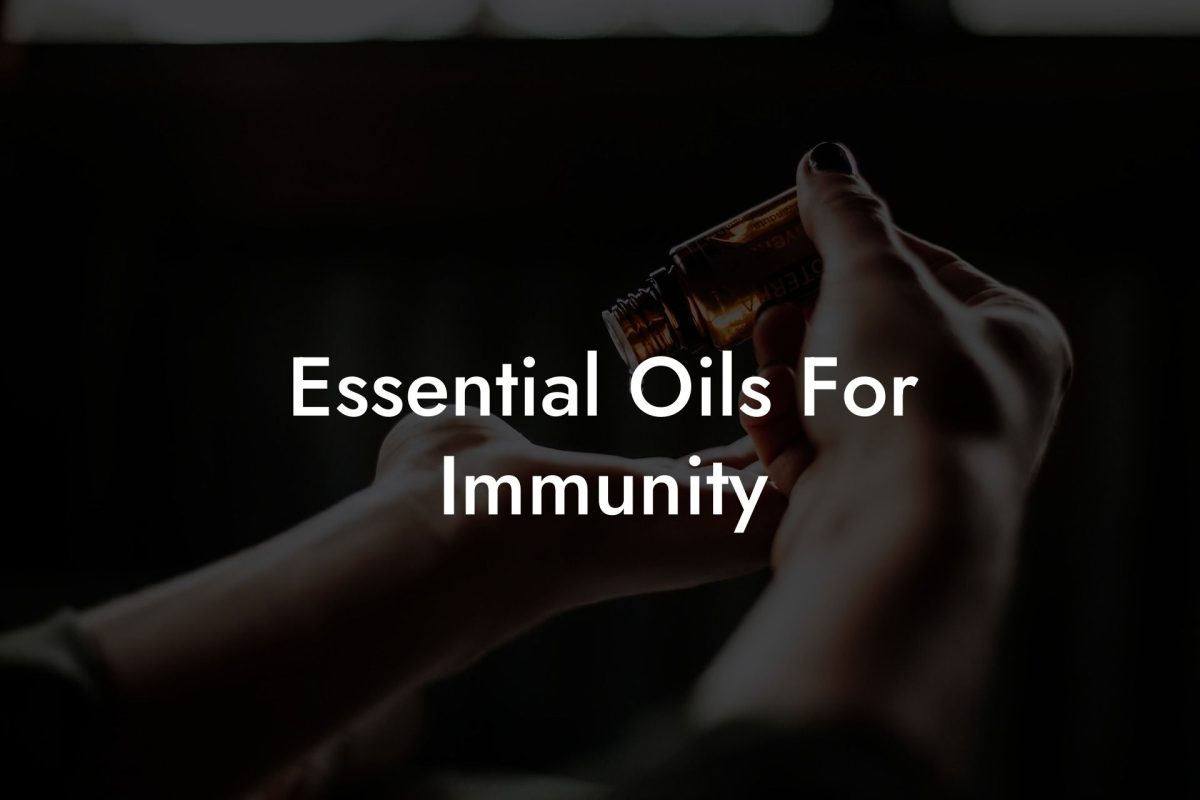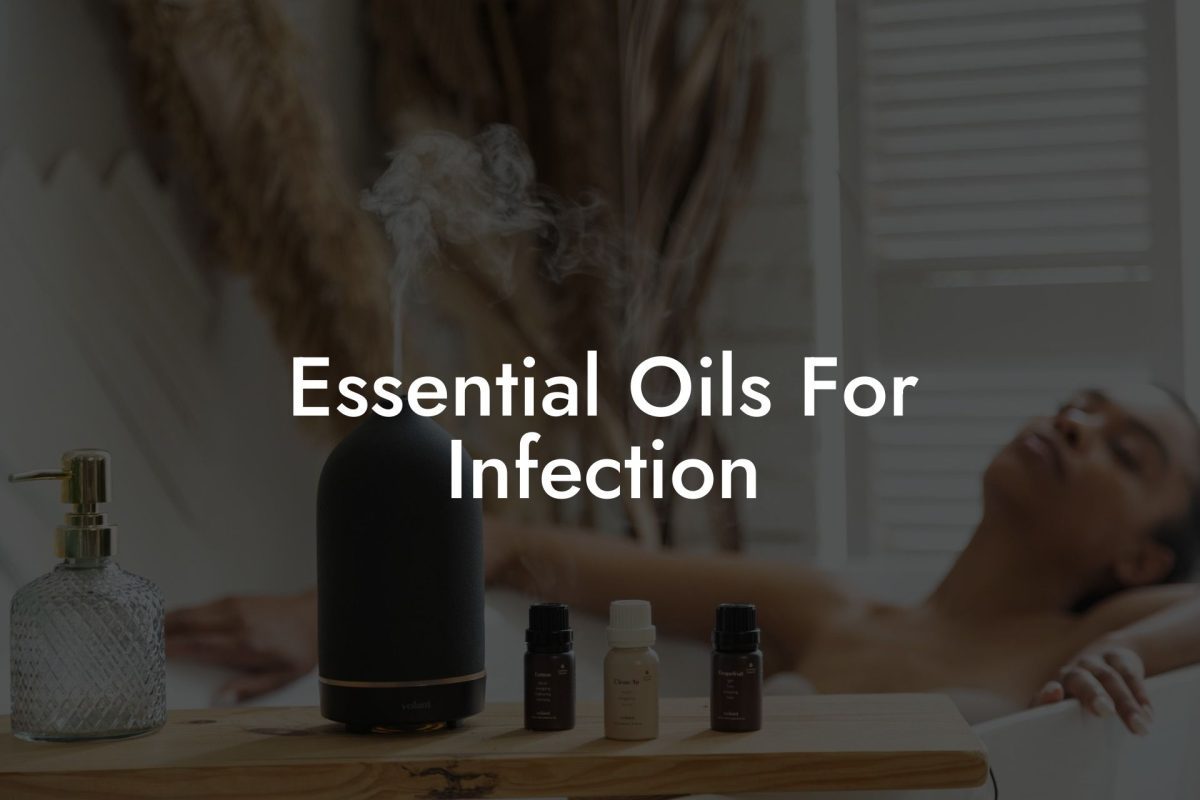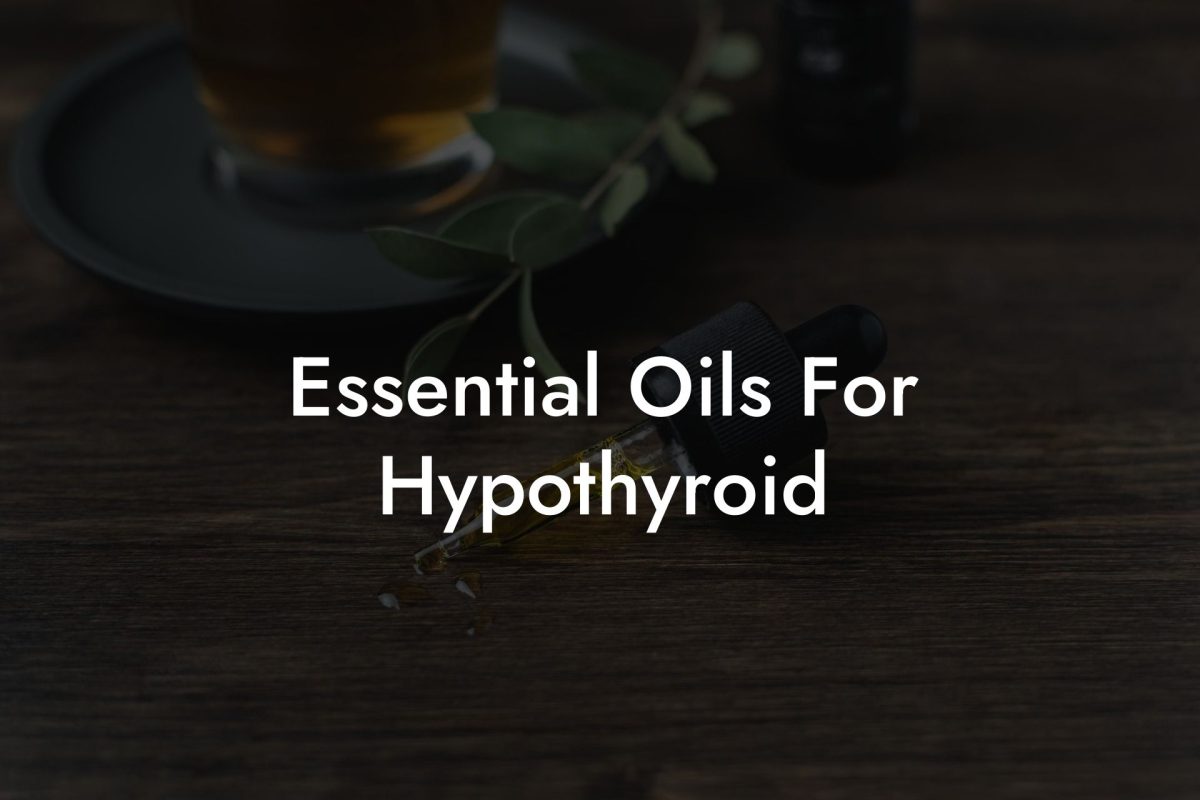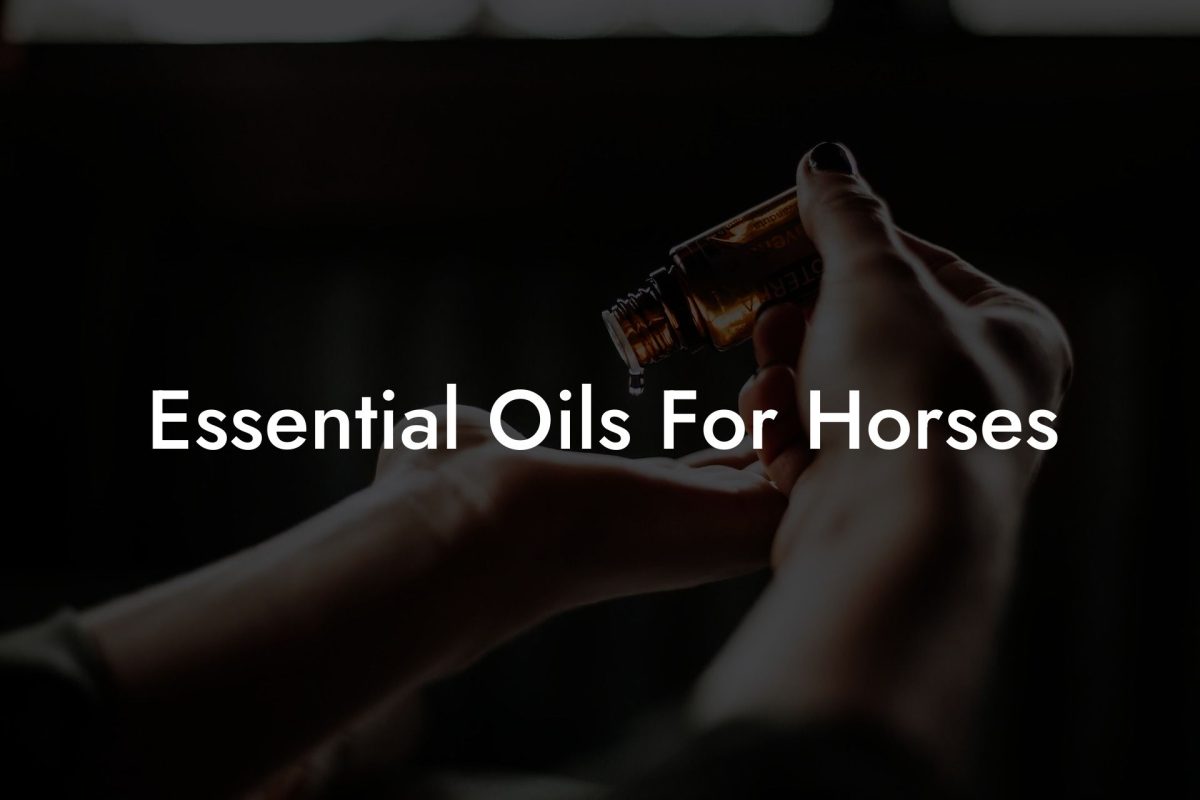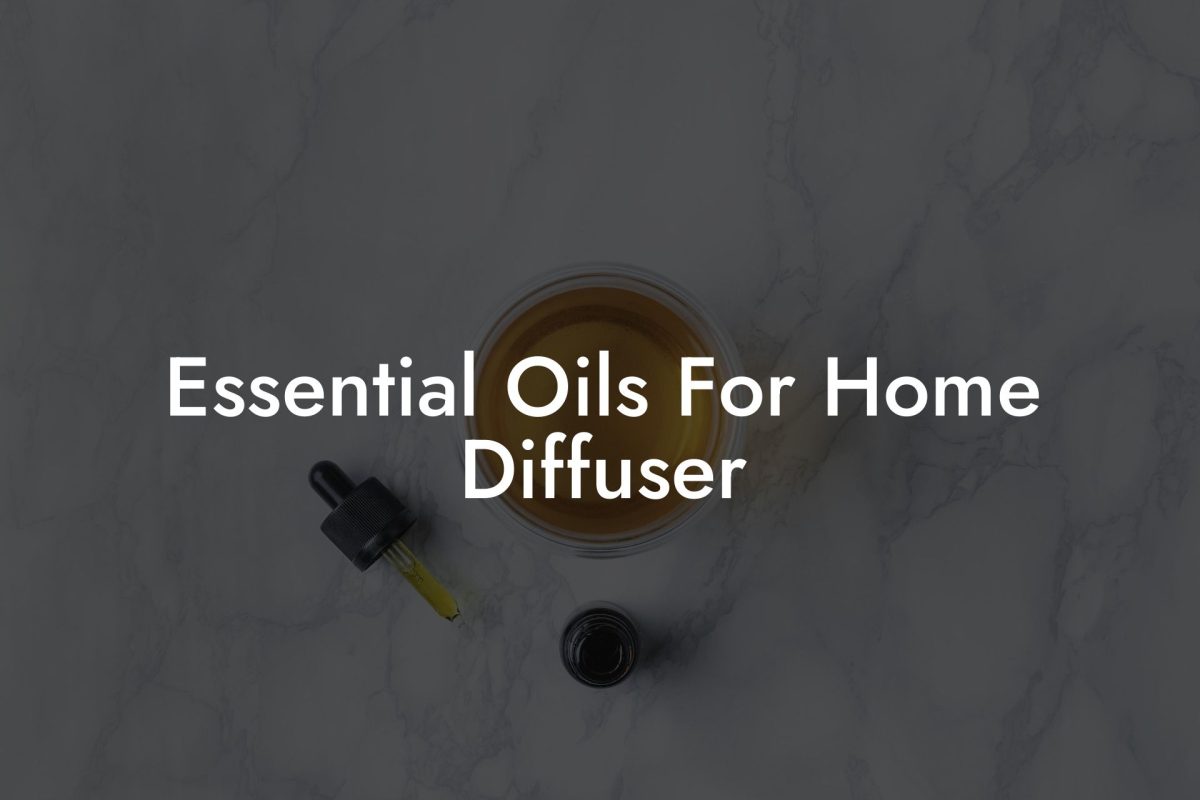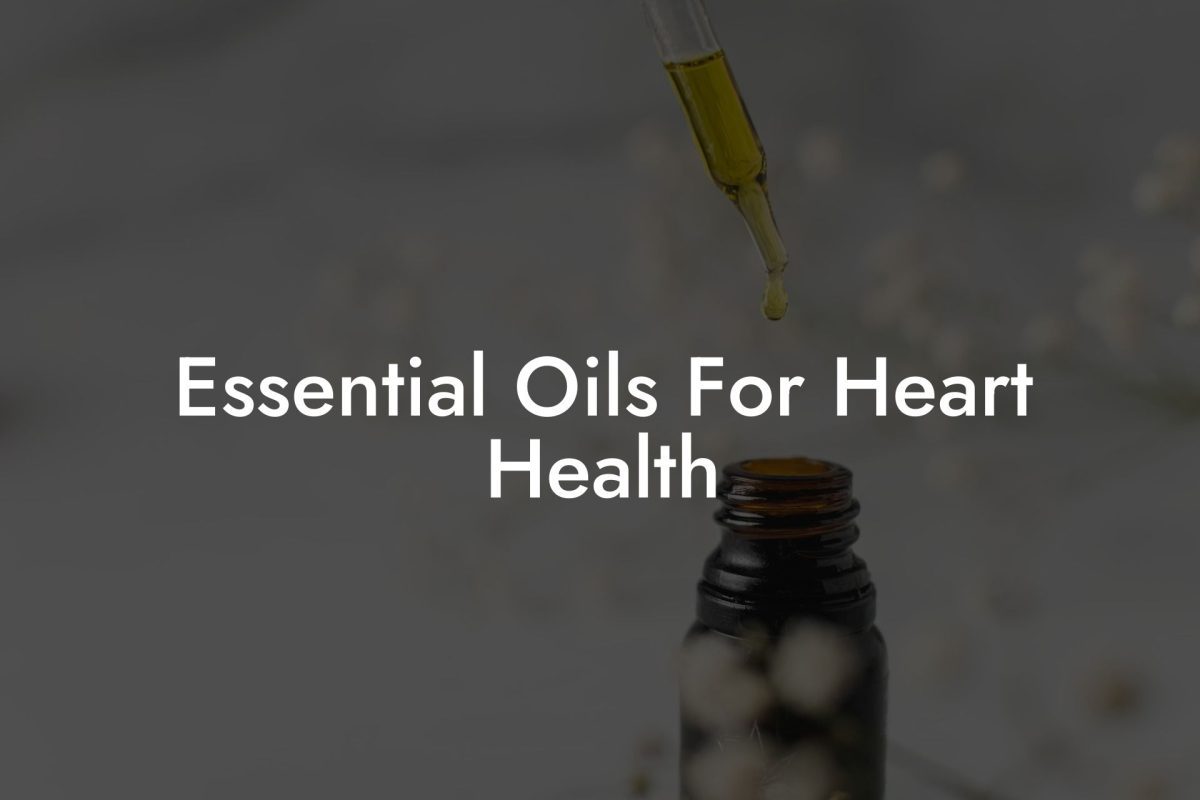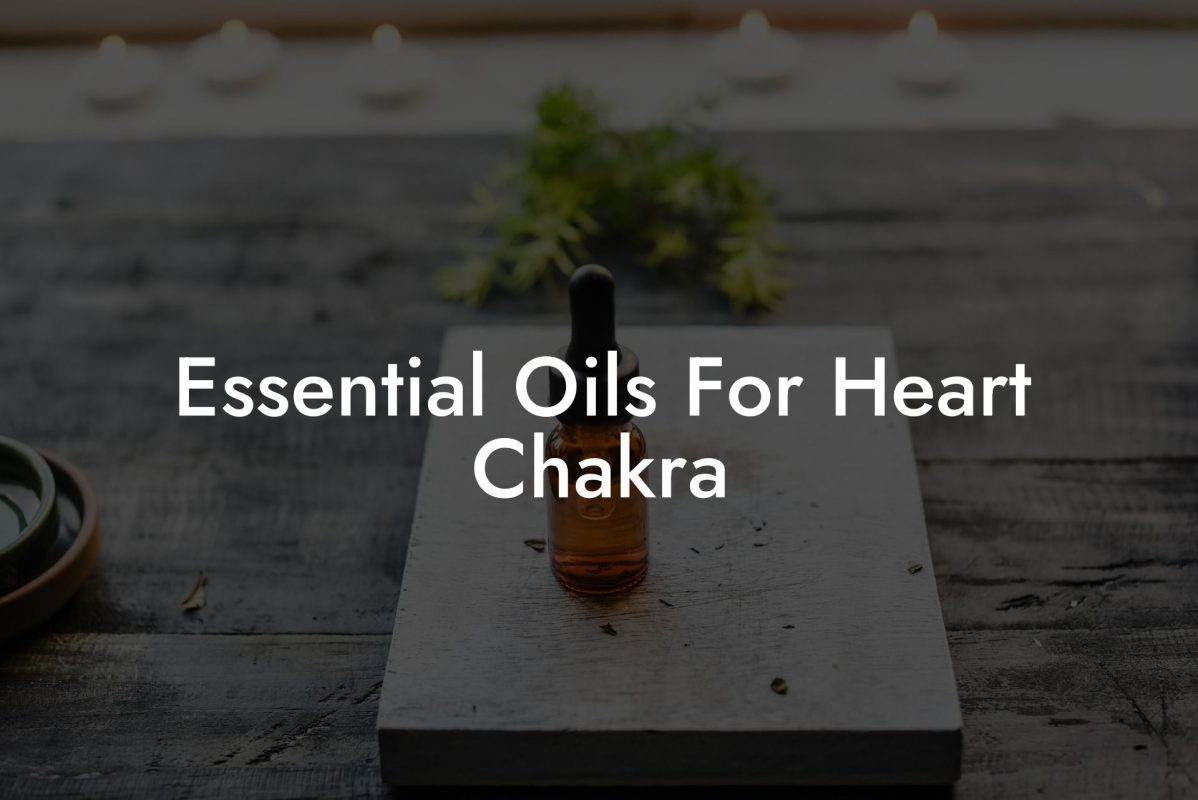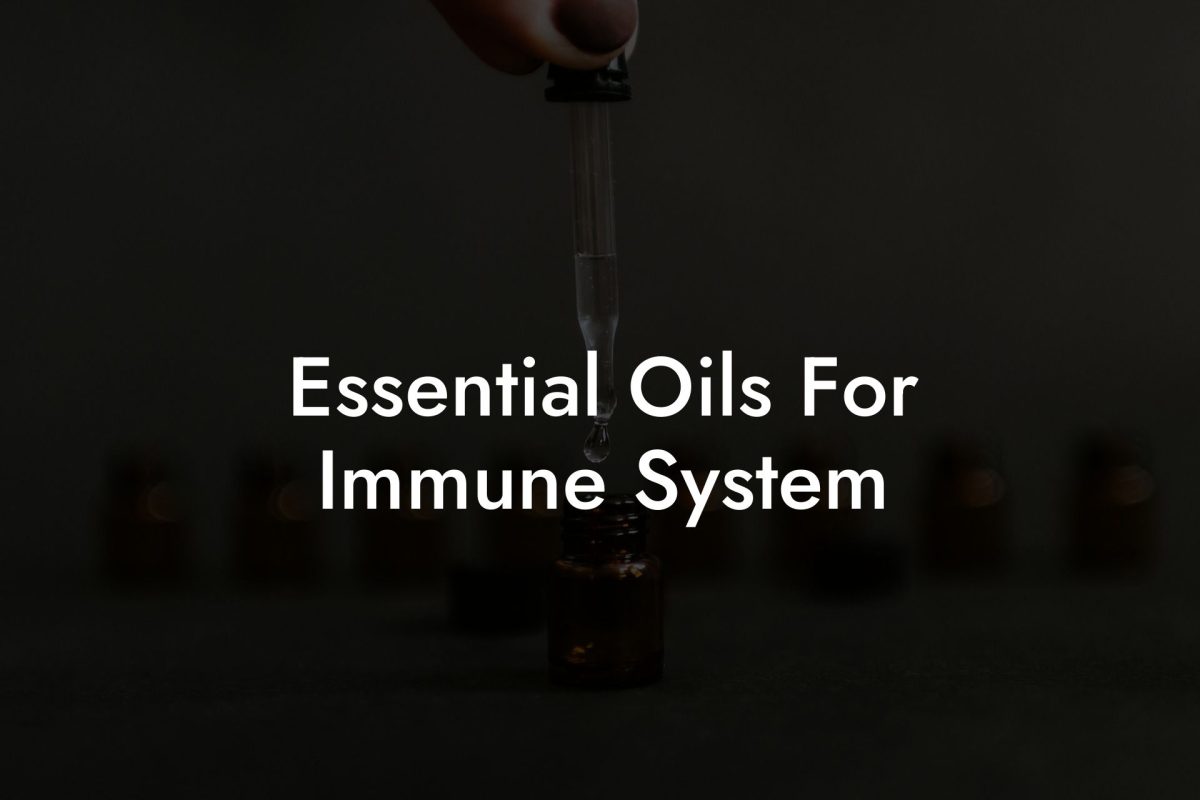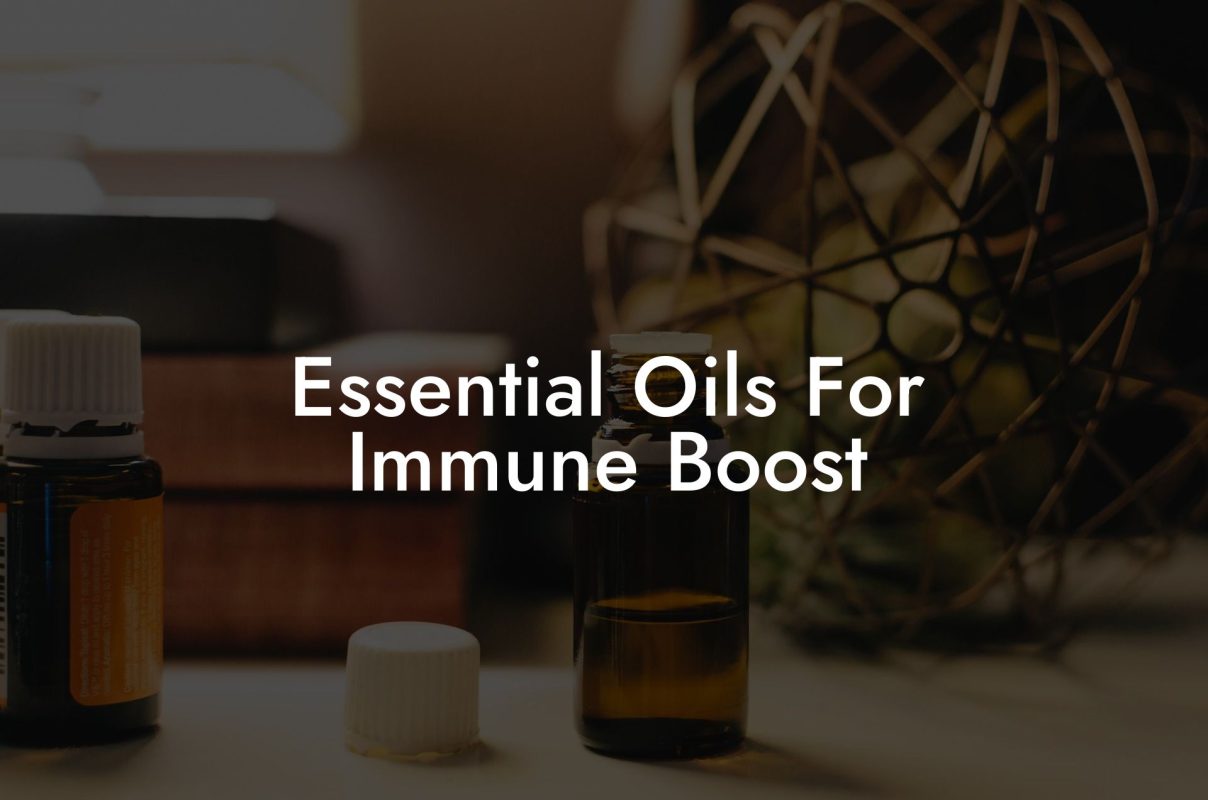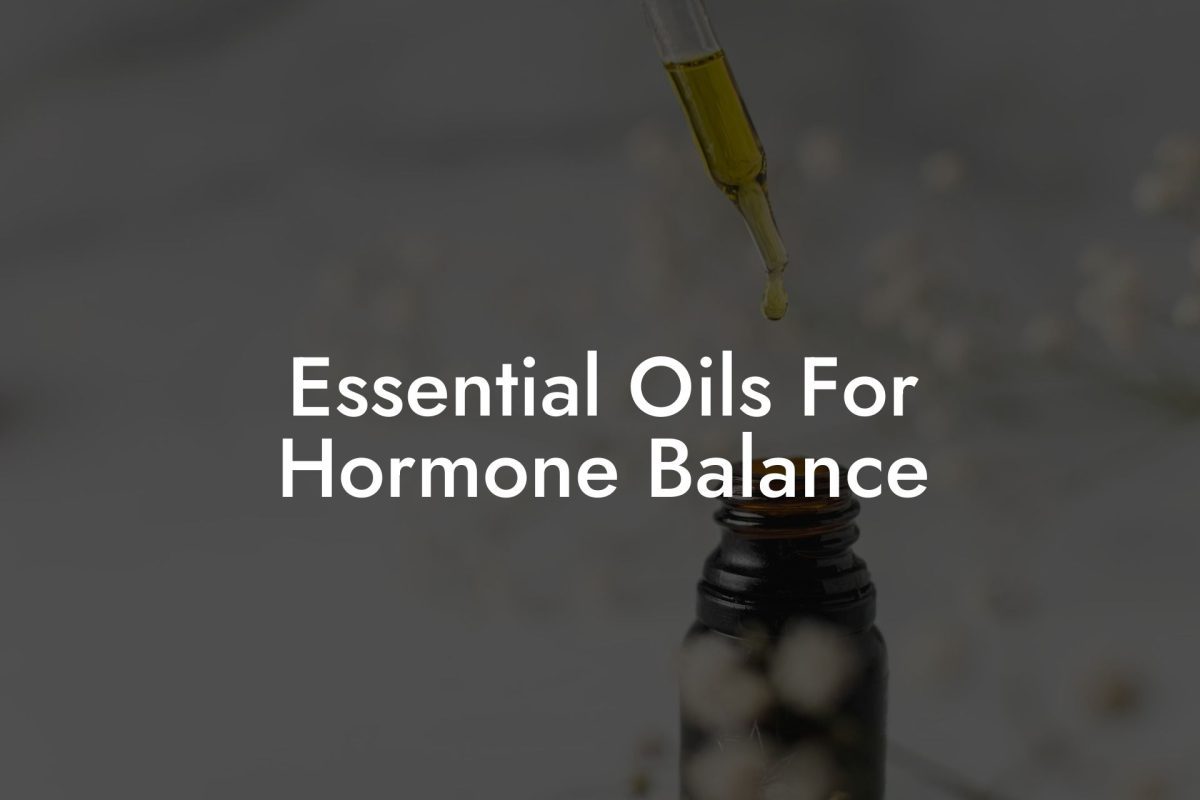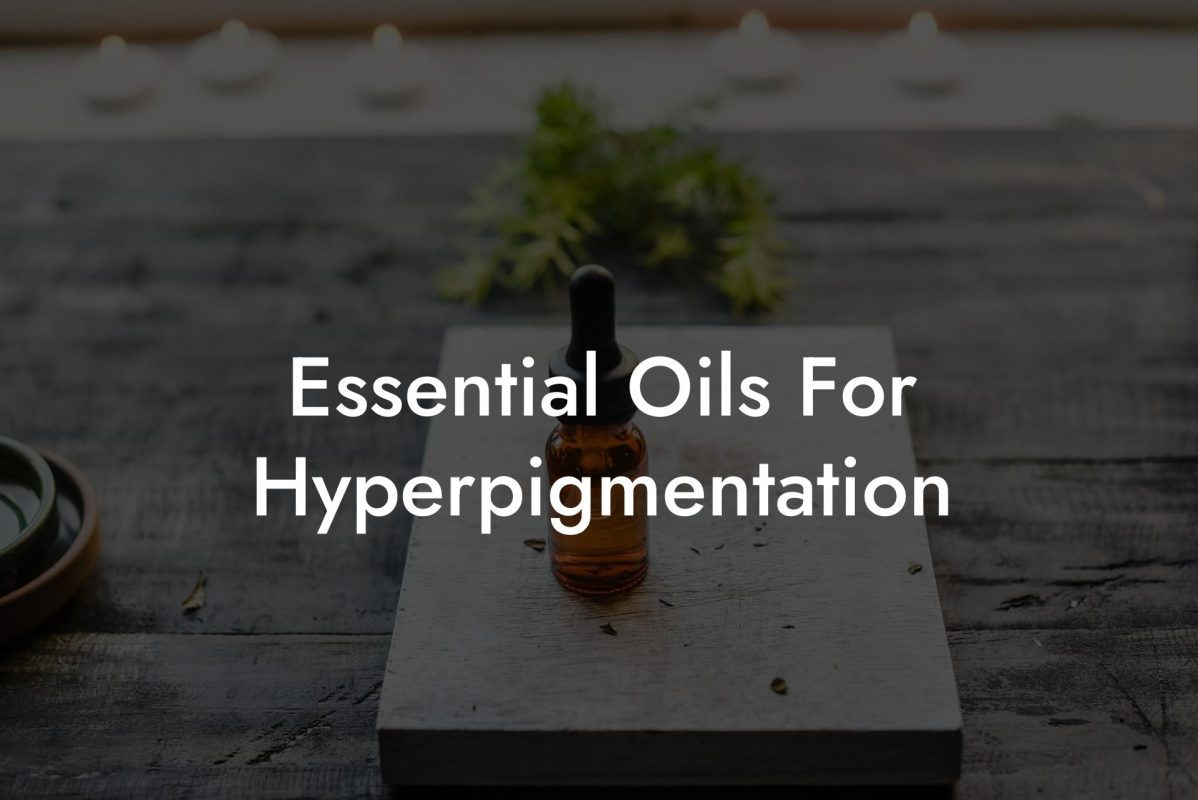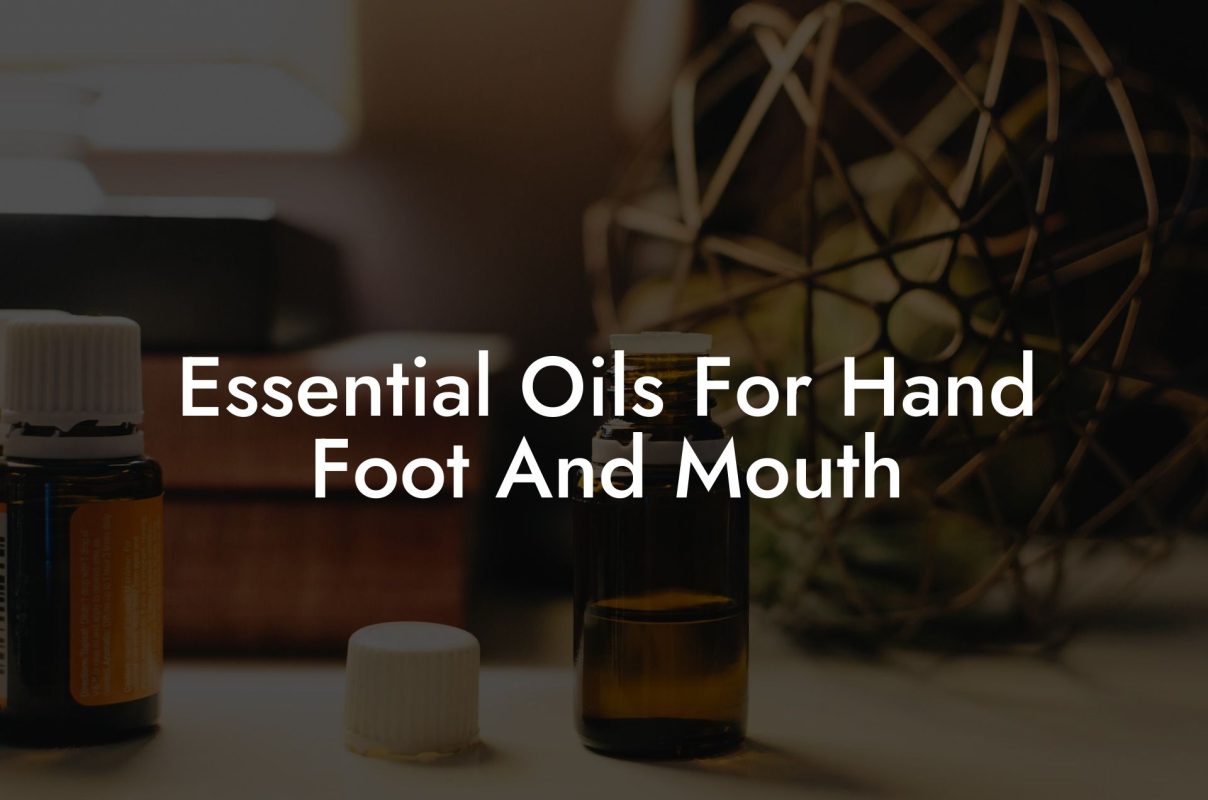Aromatherapy, the ancient practice of using plant-derived essential oils, has been embraced by numerous cultures across the centuries for its incredible healing properties. Many people today are rediscovering the benefits of this natural therapy – particularly for enhancing mental, physical, and emotional wellbeing. But what exactly is aromatherapy and how can you leverage its power to improve your life? In this article, we will explore the therapeutic art of healing with essential oils, and share tips on how you can take advantage of this remarkable practice for your own wellness needs.
Table of Contents
What is Aromatherapy?
Aromatherapy, also known as the controlled use of essential oils, is a holistic healing method that seeks to improve overall health and wellbeing by using the powerful aromatic compounds found in plants. These concentrated essential oils are extracted from various plant parts, including leaves, flowers, roots, and bark, and are widely regarded for their unique aroma and therapeutic properties.
History of Aromatherapy
The use of essential oils as a form of medicine dates back thousands of years, with records from ancient Egypt, China, and India detailing their use for religious and medicinal purposes. Over time, these natural remedies were refined and developed, evolving into the practice of aromatherapy we know today. Modern-day aromatherapy is a fusion of ancient wisdom and scientific research, incorporating the latest discoveries in plant extracts and their effects on the human body and mind.
How Aromatherapy Works
Essential oils used in aromatherapy are believed to have three primary modes of action:
- Aromatic: The aroma of essential oils can stimulate the olfactory system, influencing mood, emotions, and memory. This makes aromatherapy an effective way to improve psychological wellbeing.
- Topical: When applied to the skin, essential oils can penetrate the dermal layers, providing localized benefits for skin health and relaxation. They are often used in massage therapy to promote relaxation and pain relief.
- Internal: Some essential oils are safe for ingestion, offering physiological benefits by interacting with the internal systems of the body. However, not all essential oils are safe for internal use, and it is essential to consult with a trained professional before consuming them.
Benefits of Aromatherapy
There is a wide array of potential benefits associated with the use of essential oils in aromatherapy. Some of these include:
- Reduced stress and anxiety
- Enhanced mood and emotional wellbeing
- Improved focus and cognitive function
- Relief from pain and inflammation
- Enhanced sleep quality
- Boosted immunity
- Support for respiratory health
What Natural Therapy Is Known As The Controlled Use Of Essential Oils? Example:
Let’s say you’ve been struggling with stress and anxiety, and you’re looking to explore the benefits of essential oils in helping you relax. One popular essential oil for relaxation and stress relief is lavender, which has been widely studied for its calming properties. You can use lavender oil in several ways, such as:
- Diffusing the oil into the air with an aromatherapy diffuser to create a calming atmosphere.
- Applying a diluted blend of lavender oil and a carrier oil (such as almond, jojoba, or coconut oil) to your skin, wrists, or the back of your neck to ease tension and promote relaxation.
- Adding a few drops of lavender oil to a warm bath to soothe tense muscles and induce relaxation.
Aromatherapy, or the controlled use of essential oils, is a powerful holistic therapy that has something to offer everyone. This ancient art can provide relief from everyday stressors, improve overall wellbeing, and enhance your connection to the natural world. Delve deeper into the world of essential oils by exploring the wide range of resources offered by Oshu Oils and consider incorporating these extraordinary natural remedies into your routine. Don’t forget to share this enlightening article with friends, family, and anyone interested in discovering the many benefits of aromatherapy.

